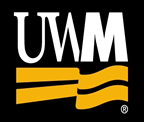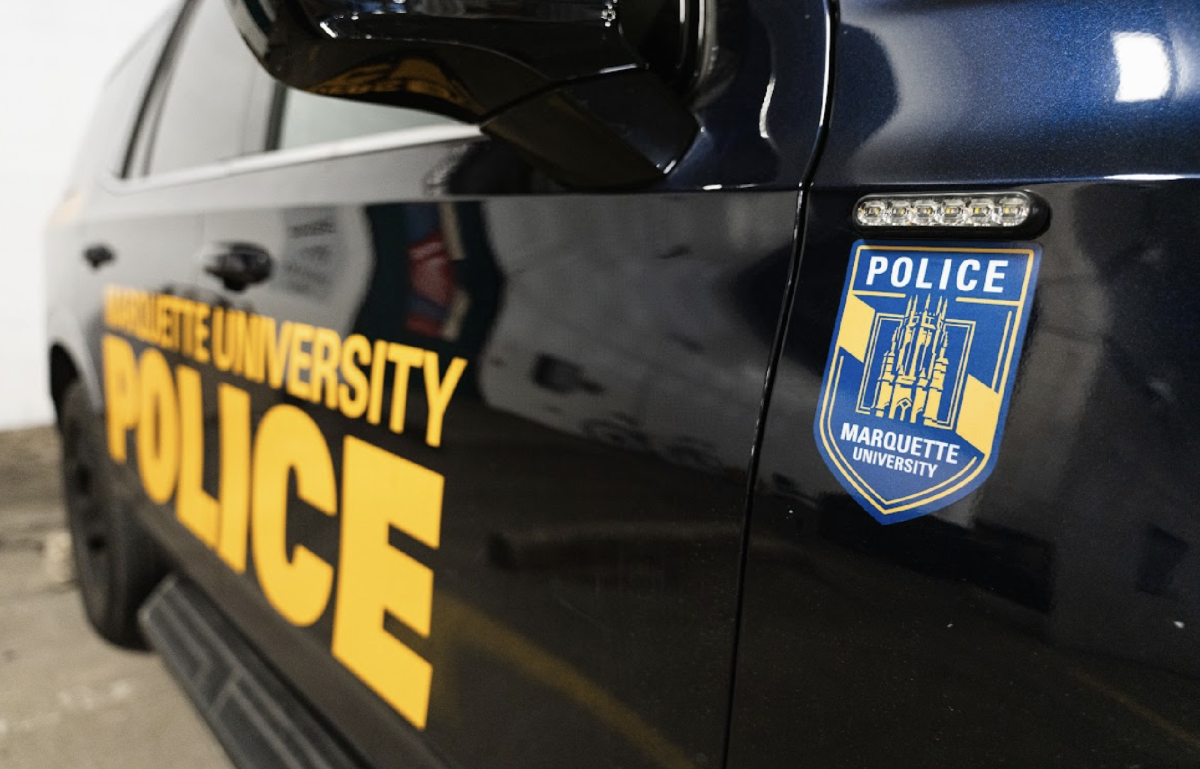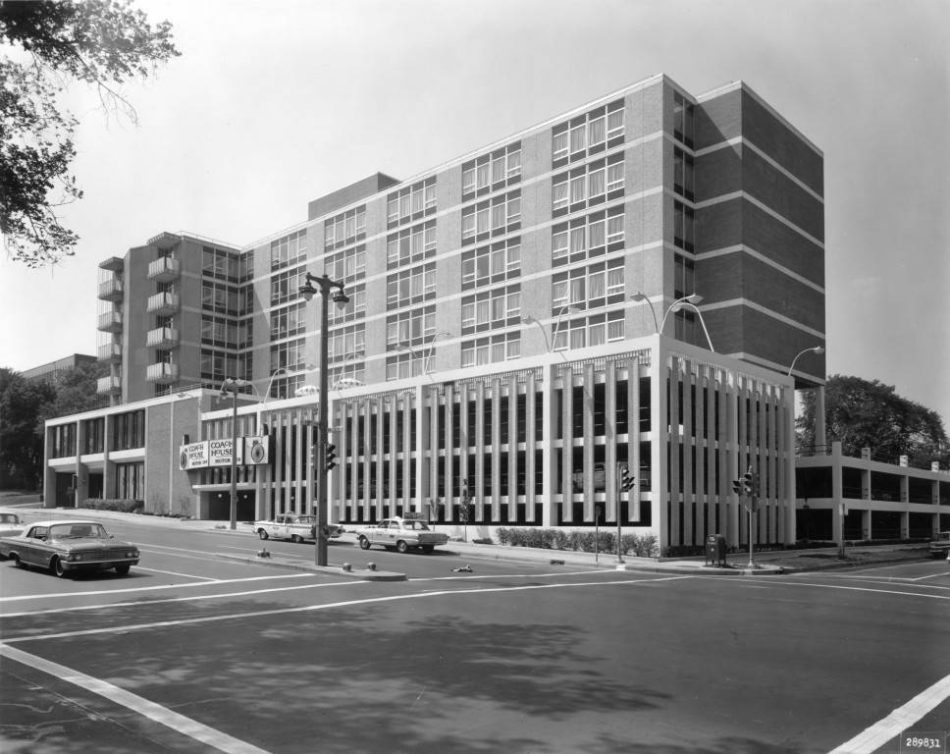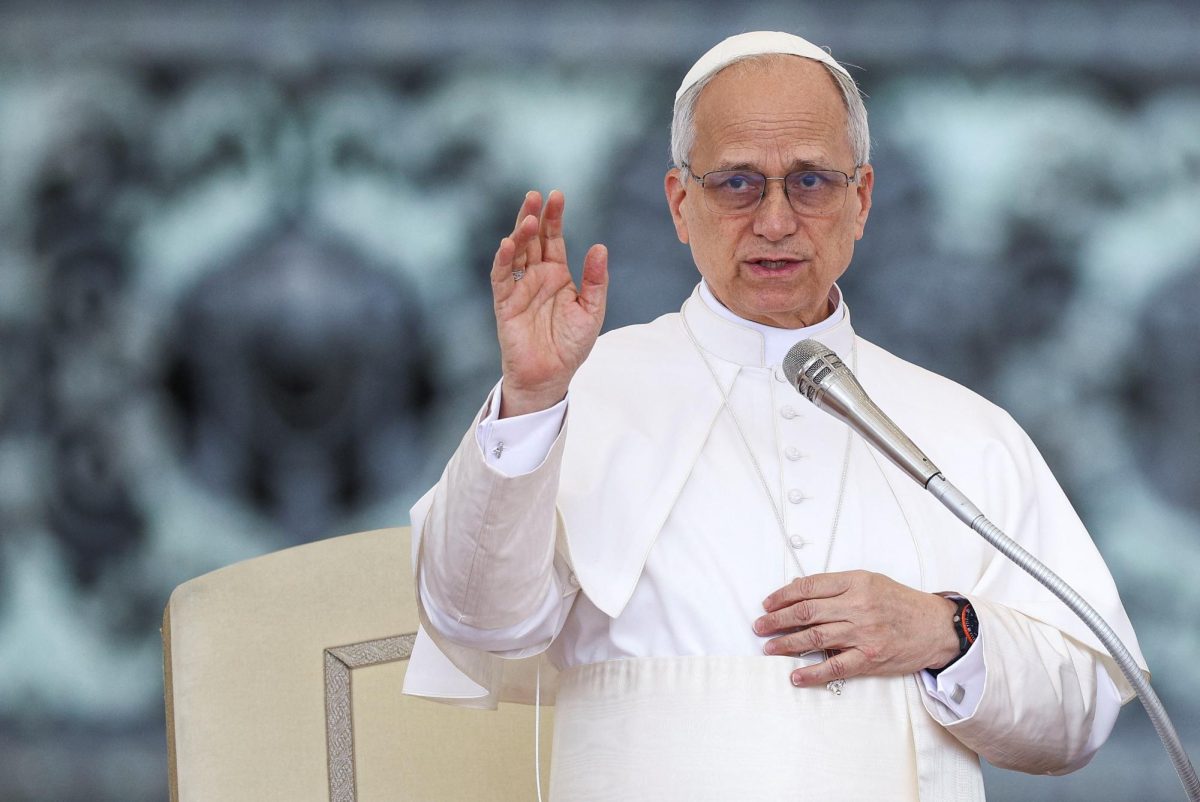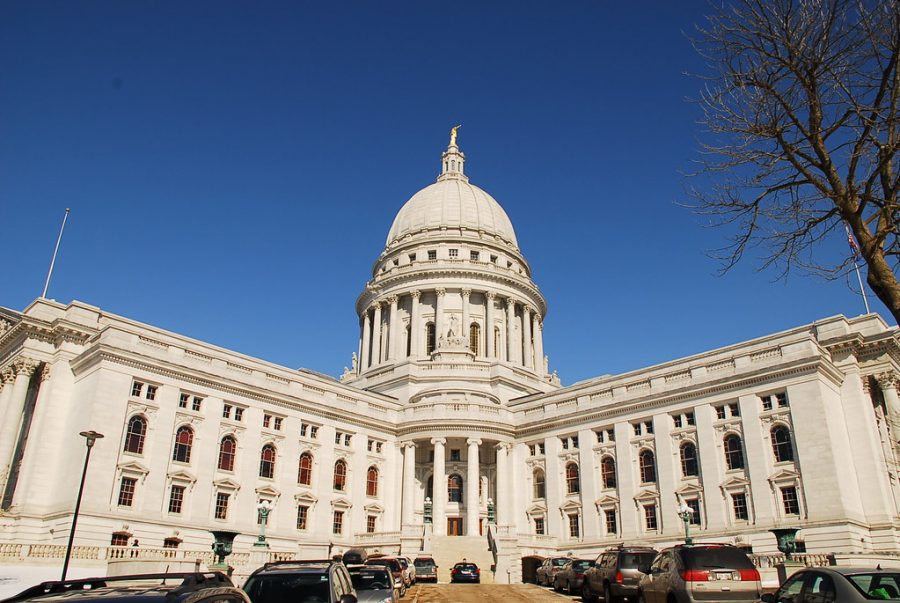Two University of Wisconsin–Milwaukee students are suing the school for what they claim to be the unlawful dissolution of their democratically-elected governing body and for the allegedly illegal invalidation of the 2013-14 student election.
According to the official complaint filed by plaintiffs Taylor Scott and Muhammad Siddique, former members of UWM’s now-defunct student government, the university “usurped for themselves the power and authority which legally belonged to that student government, and ultimately to the students of the institution.”
In a letter written to the president of the former student government, UWM’s Chancellor Michael R. Lovell mentioned a list of grievances an independent investigation led by members of UW-Whitewater found against the student government. These included ballot issues, conflicts of interest and reliance on old, now-amended, bylaws that were allegedly used to prevent certain students from taking office, among other things.
After the student government dissolved, it was replaced by a Board of Trustees, and all students elected in the 2013-14 student elections were permanently barred from taking office.
“Based on the numerous issues that directly affected the fairness of these elections and the ability of the students outside of the current governing party to participate, the administration will not recognize the current election results as valid,” Lovell said in the letter. “As you may know, this is an unprecedented decision by the UWM administration, but I believe it is warranted under the circumstances based on the egregious nature of the many procedural flaws in the election process.”
Scott disagreed with the findings, however, claiming that the investigation was faulty.
After the emergency order took effect, the student court issued a new election to take place that would override the previous one. It then made itself the “Interim Administrator” of the Student Association, and created a Board of Trustees to administer as its subordinate, according to the official complaint.
Scott and Siddique said in the formal complaint that they consider the board to be an illegal “puppet government” for the university. Since June 1, 2013, the Board of Trustees continued on as the official governing body for the students of UWM.
According to the complaint, Siddique applied for a position on the board, but was informed he did not qualify.
“The basis for disqualification was not disclosed, and Plaintiff Siddique knows of no legitimate reason why he would not qualify,” the official complaint said. “On information and belief, he was excluded because Defendants Lovell and (Vice Chancellor of Student Affairs, Michael) Laliberte and their allies believed he would assert student rights under statute 36.09(5).”
Wisconsin statute 36.09(5) defines “shared governance” rights in the University of Wisconsin system, and it guarantees students the right to formulate their own representative governments. According to the official complaint, shared governance laws should allow for an impasse in cases of conflicting interest between the university and the student government, rather than allowing the university to overrule decisions made by the student government.
The uncorrupted continuation of shared governance in UW schools is what Scott feels is most threatened by the dissolution of the student government, he said in an email.
“A challenge to one shared governance group is a challenge to all shared governance groups, and everyone has a lot to lose,” Scott said.
The next step, Scott said, is for the court to address its injunction request to “stop the largely irreparable harm caused by the illegal referendum that is going to take place this week.”
MUSG President Sam Schultz declined to voice his opinion on the case, but said he hoped the situation would be resolved quickly so that UWM student interests would be represented.
“It saddens me to think that because of whatever happened, students at UWM will miss out on participating in and enjoying the labors of a effective student government,” Schultz said in an email.
UWM’s media contact did not return comment for this story.

